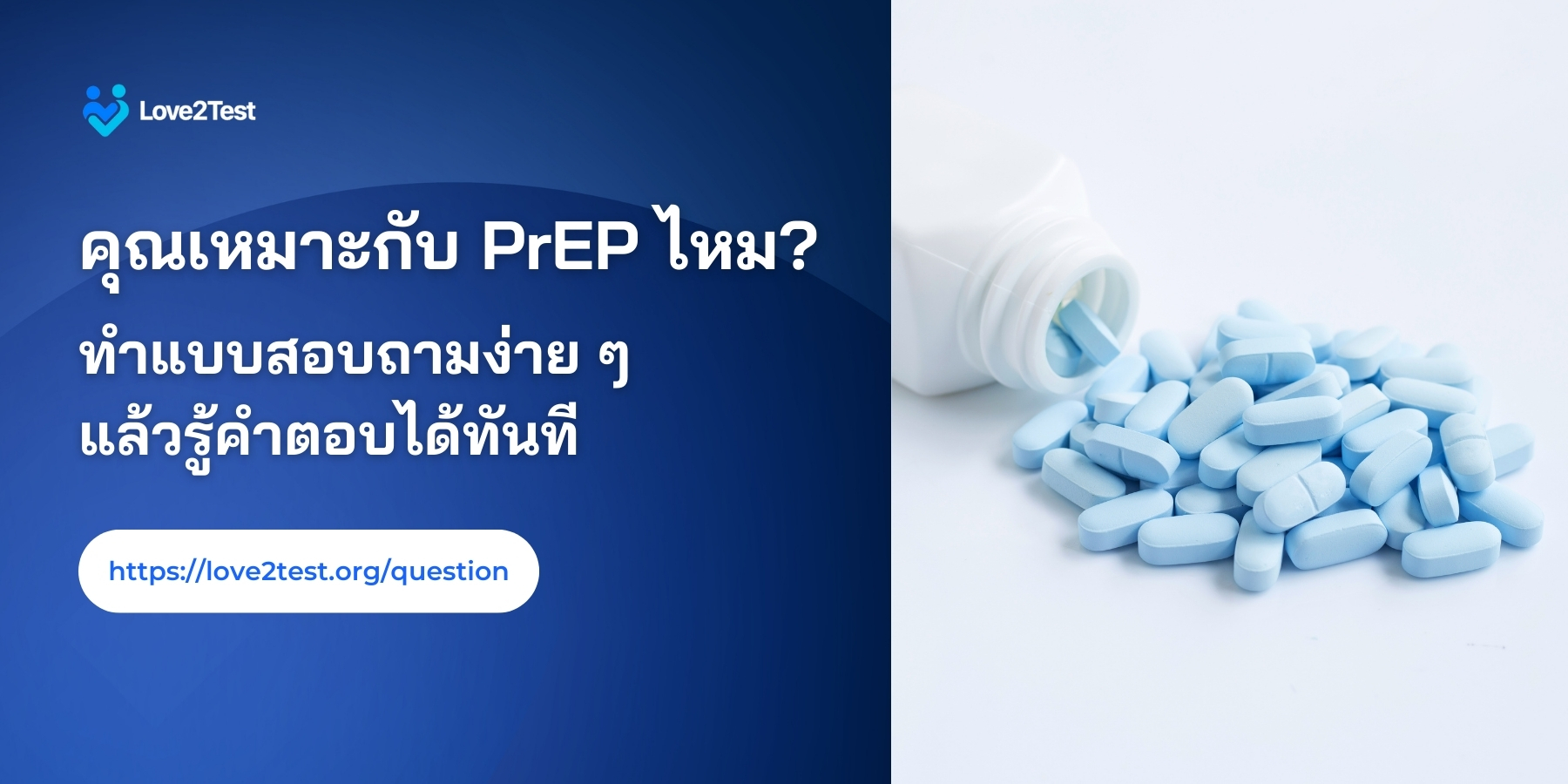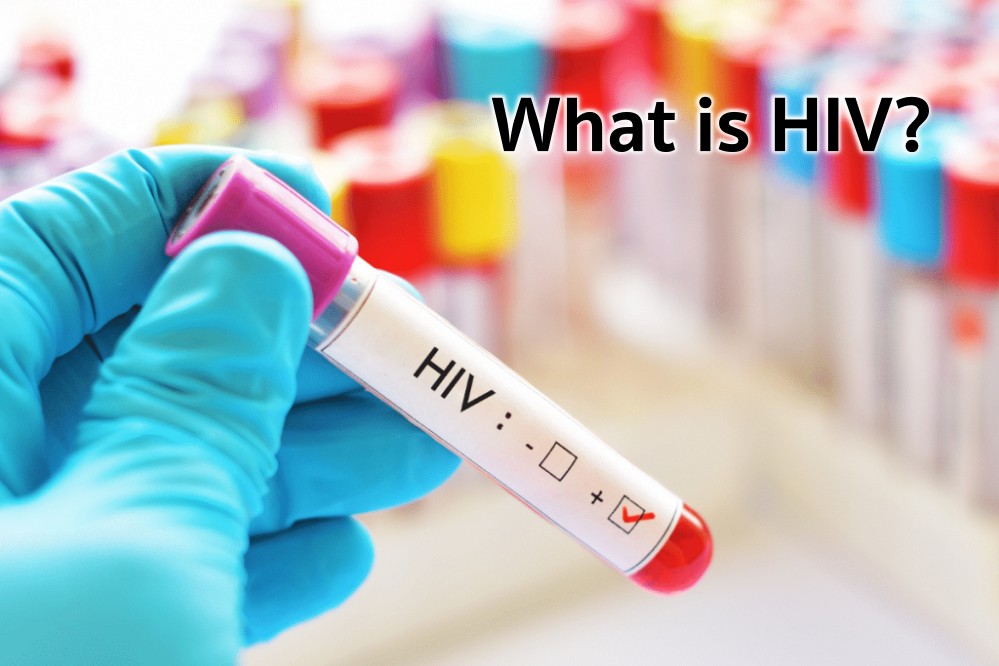HIV stands for Human Immunodeficiency Virus.
The human immunodeficiency virus is a lentivirus (“lenti” means “slow” in Latin; a type of virus that causes chronic and deadly diseases in humans and mammals that is characterized with long incubation periods) that attacks the cells of the immune system, which weakens the body’s defense against infections and diseases.
If it is overlooked and left untreated, HIV infection will reach its final stage, known as AIDS or acquired immunodeficiency syndrome. During this period, lethal infections and deadly diseases including cancer commonly arise.
How does HIV spread?
A sexually transmitted infection, human immunodeficiency virus is spread mainly by unprotected (i.e. condomless) sex including vaginal, anal, and oral sex. An infected partner may contaminate their partners when their blood, semen, or vaginal secretions enter their body.

Sharing needles and syringes when using drugs with people who are living with human immunodeficiency virus can also increase the risk of HIV spread.
HIV can also spread from blood transfusions, although the risk nowadays is very low because hospitals screen their blood supply. Mothers who are living with human immunodeficiency virus can also pass on the virus to their babies but when they receive treatment during pregnancy, the risk is also small.
What are the symptoms of HIV?
HIV catches white blood cells, which are called CD4 cells, and then gets inside these cells and multiplies itself. HIV later kills CD4 cells while its copies find other CD4 cells to repeat this process.
As a lentivirus, which is a type of retrovirus that is characterized with long incubation periods, HIV slowly destroys CD4 cells. This means that some people who are living with HIV may not have any symptoms for years as long their CD4 cells are in moderation and thus able to fight other infections and diseases normally.
There are some people who experience flu-like symptoms such as fever, sore throat, swollen glands, or a skin rash. While these symptoms will go away without treatment, the virus remains in their blood.

People who are living with human immunodeficiency virus and already experience an weakened immune system are more likely to experience symptoms such as:
- Fever
- Fatigue
- Sore throat
- Headache
- Rash outbreak that is measles-like in appearance
- Muscles aches and joint pain
- Mouth sores
- Genital rashes and sores
- Rectal rashes and sores
- Body aches, loss of appetite, or unintentional weight loss.
- Diarrhea
- Nausea
- Vomiting
- Stiff neck; swollen lymph glands, mainly on the neck
- Coughing
- Night sweats
In addition, another common symptom in people with living HIV is pruritic papular eruption (PPE), but this is usually found in the final stages of HIV infection or AIDS.
How do I know I have human immunodeficiency virus?
You can have human immunodeficiency virus and not know of it. According to research, 1 in 7 people who are HIV-positive are not aware of it. Sadly, in many cases, people who are unaware and refuse to get tested only find out about the infection when HIV already has reached the final stages. The only way to know if you are infected is to get an HIV test.
You can get tested at most general hospitals and some of them also provide treatment for HIV. In Thailand, there are several clinics that specialize in sexually transmitted infections that can also be an option

